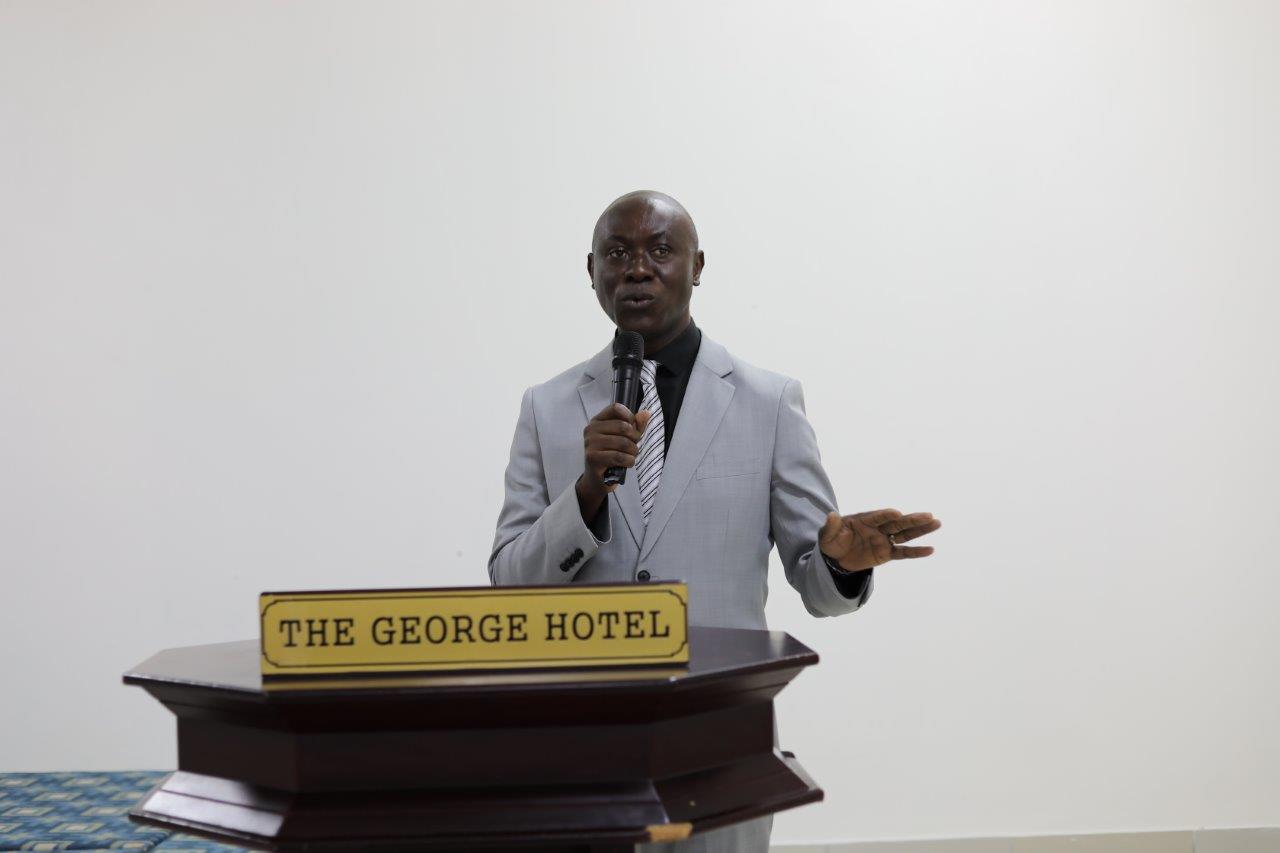By Phephile Motau
The Ministry of Health, through support from the World Health Organisation (WHO) and other health partners, will conduct a joint programme review of the HIV, TB, and Prevention of Mother to Child transmission of HIV (PMTCT) programmes.
The joint review exercise will run until March 24. External experts from the WHO regional office will be coming to the country to support the review exercise. The review exercise follows the National Strategic framework 2018-2023 coming to an end. The programs need to review the current objectives to inform strategies that will be implemented in the next five years.
The joint review is a comprehensive, systematic assessment of the overall national response to the TB and HIV epidemics to be carried out jointly by stakeholders and partners and as an integral part of a strategic programming cycle under the leadership of WHO.
The purpose of the review is to provide feedback on the performance of the TB, HIV, and PMTCT programmes to improve implementation and inform subsequent planning. The review will also provide a path to determine if the programs are on course to meet the targets outlined in their respective National Strategic Plans, according to information provided by the WHO.
According to the National TB Programme Manager Themba Dlamini, the advantages of conducting a joint HIV, TB, and PMTCT program review include the facilitation of integrated delivery of services and cutting down on the huge budget as well as frequent disruptions in program implementation resulting from undertaking separate program reviews.
The joint exercise also enhances program transparency and accountability, as well as facilitate facilitates resource mobilisation to improve program performance. Thus, this exercise will be a close collaboration between the TB, HIV, and SRH programs in the Ministry of Health as well as development and technical partners.
This exercise will review the level of, and trends in the HIV and TB burden (incidence, prevalence, mortality), with a deeper focus on geographic, gender, age, and other subpopulation (including key populations) distribution. It will also review progress toward reaching national program goals and targets for PMTCT, TB (including DRTB and childhood TB), and HIV diagnosis, treatment, and prevention as defined in the existing National Strategic Plans.
“This joint independent review is intended to advise the Ministry of Health and partners on how well the programs have performed, best practices, challenges, and opportunities that exist. The review is also meant to recommend further approaches for improving the performance and impact of the programs” Dlamini said.
The scope of this joint review will focus on program activities at community, facility, regional and national levels, and it aims to address policy, strategic and operational issues to improve program performance and impact. The review will also assess how earlier review recommendations were implemented, and come up with key recommendations to improve TB control and HIV response.
Facilities to be visited will be randomly and purposefully selected and will include both public and private facilities in rural and urban settings. Speaking during the commissioning of the programme at The George Hotel on Monday, the Acting WHO Representative Dr. Geoffrey Bisoborwa said WHO and its partners welcomed the review exercise and stated its importance in setting new goals for the next five years. Dr. Bisoborwa further pledged the organisations’ organisation’s support towards the exercise.
External experts for HIV, TB, and PMTCT review roped in to assist Eswatini

Related posts
- Comments
- Facebook comments

